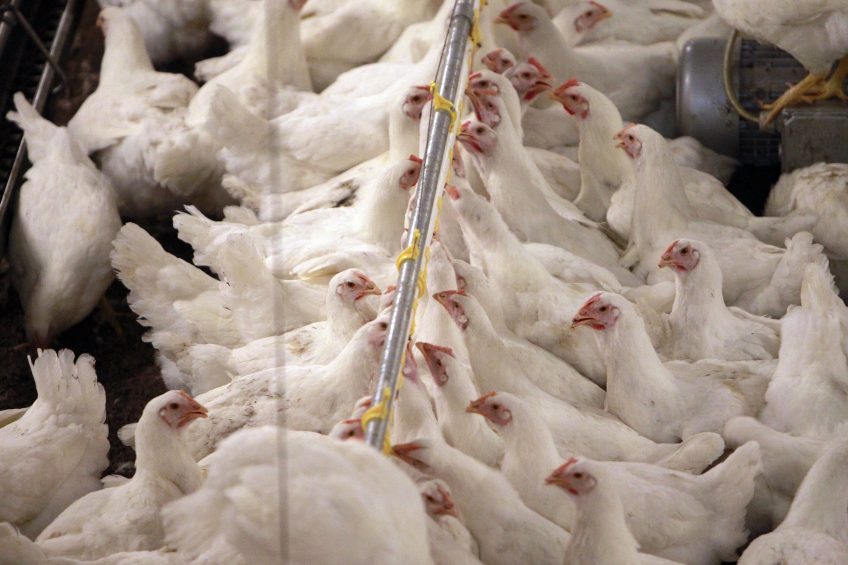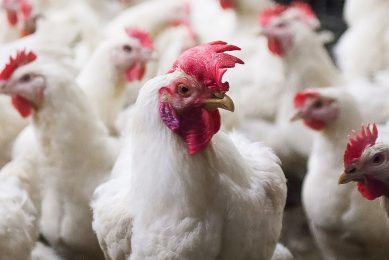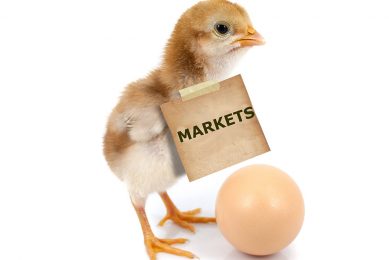Tomorrow never comes…

During the recent conference of the International Poultry Council the attendees got the latest insights on the so called Chicken of Tomorrow, among other things of course.
With the venue held in the Netherlands, the concept chicken could not be ignored. Since the first slower growing bird was introduced in 2015, now all Dutch supermarket sales are of the slower growing sort. A market revolution, which led to some frowns by IPC members from all corners of the globe. And indeed, the market revolution in the Netherlands cannot be exported to the rest of the world, without some precautions.
First of all, it is a fact that the Chicken of Tomorrow has a 20% lower efficiency than a regular broiler. This is efficiency that cannot be lost within an industry, which is struggling to feed the world with limited resources as it is.
And it doesn’t stop there. The Chicken of Tomorrow will always stay the chicken of tomorrow. The one which is produced now in the Netherlands – one could call it the chicken of today – with lower stocking density, limited daily weight gain and a longer life than regular grown birds, is only the first step. Further steps in increasing animal welfare will come eventually, leading to a new chicken of tomorrow. And that chicken, in the small market of the Netherlands, will be even further away from the bird that is produced in other countries around the world, especially when one takes in to account that standard birds are moving in the opposite direction with continuous genetic improvements.
But that doesn’t mean that slower growing chickens should be ignored. Yes, it is true that the market dynamics in the Netherlands are somewhat special, but it is not as if it is on another planet. There are many markets in the developed world, where a chicken of tomorrow will find its way eventually. With good profit margins to be made as well. It’s in many poultry producers nature to say; “Tomorrow never comes…” And maybe the time for individual markets isn’t right yet. That said, postpone too long and you are too late and will miss the boat.












